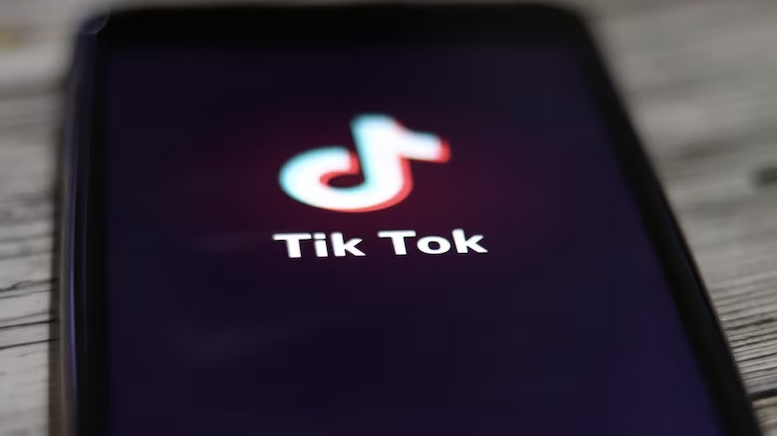UBC Study: Much of TikTok's ADHD Content Contains Misinformation, Influencing Public Perception
Subhadarshi Tripathy
3/20/20252 min read


A recent UBC study has found that much of the ADHD-related content on TikTok contains misinformation, potentially influencing young adults' perception of the disorder and how they seek diagnosis.
The study analyzed the 100 most-viewed TikTok videos about ADHD, discovering that less than half of the claims made about ADHD symptoms align with clinical guidelines.
"Most of them come from a really good place," said Vasilea Karasavva, a UBC PhD student who led the study.
"But words have power. When you have a platform, you yield a certain amount of power, and you have to be a little careful about that."
Social Media’s Role in ADHD Awareness
ADHD (attention deficit hyperactivity disorder) is a neurodevelopmental condition affecting 4-6% of adults in Canada, according to the Centre for ADHD Awareness Canada. Common symptoms include hyperactivity, inattention, and impulsivity.
Many turn to social media for information due to long wait times for professional diagnosis in Canada’s healthcare system. TikTok, in particular, has become a go-to platform for individuals seeking mental health insights.
"In many ways, social media has democratized access to information about mental health," said Karasavva.
"But it’s crucial that information is accurate."
Surprising Misinformation Trends
The study found that certain behaviours were commonly labeled as ADHD symptoms on TikTok—despite having no basis in medical literature.
Examples included:
🚫 Having a sweet tooth
🚫 Liking specific TV shows
🚫 Frequently bumping into objects
Additionally, nearly half of the content creators analyzed had financial incentives through brand deals, often promoting fidget spinners, workbooks, and supplements.
"The goal of many creators isn’t necessarily to educate," Karasavva said.
"But rather to share personal experiences or entertain their audience."
The Risks of Misinformation
The study found that individuals who consumed more ADHD content on TikTok were:
✔ More likely to recommend ADHD-related videos to others
✔ More likely to overestimate ADHD’s prevalence in the general population
✔ More likely to believe ADHD symptoms are more severe than clinical guidelines suggest
Balancing Caution with Access to Information
Despite concerns about misinformation, some users credit social media with helping them identify their own ADHD symptoms and seek professional diagnosis.
🔹 Kiri Vanderwel, who was diagnosed with ADHD a few years ago, says social media changed her life for the better.
"It has fundamentally changed my life, being able to have access to that information."
🔹 However, she also acknowledges the risk of misleading content:
"Some videos seem more focused on getting views than providing real education."
What Should Users Do?
Experts don’t discourage using TikTok to explore mental health but urge caution:
✔ Fact-check information with medical sources
✔ Seek content from medical professionals rather than influencers
✔ Recognize that personal experiences don’t apply to everyone
Karasavva encourages social media creators to:
✔ Be transparent about their experiences
✔ Avoid making misleading claims
✔ Disclose financial incentives when promoting ADHD-related products
News
Stay updated with the latest BC news stories, subscribe to our newsletter today.
SUBSCRIBE
© 2025 Innovatory Labs Inc.. All rights reserved.
LINKS
